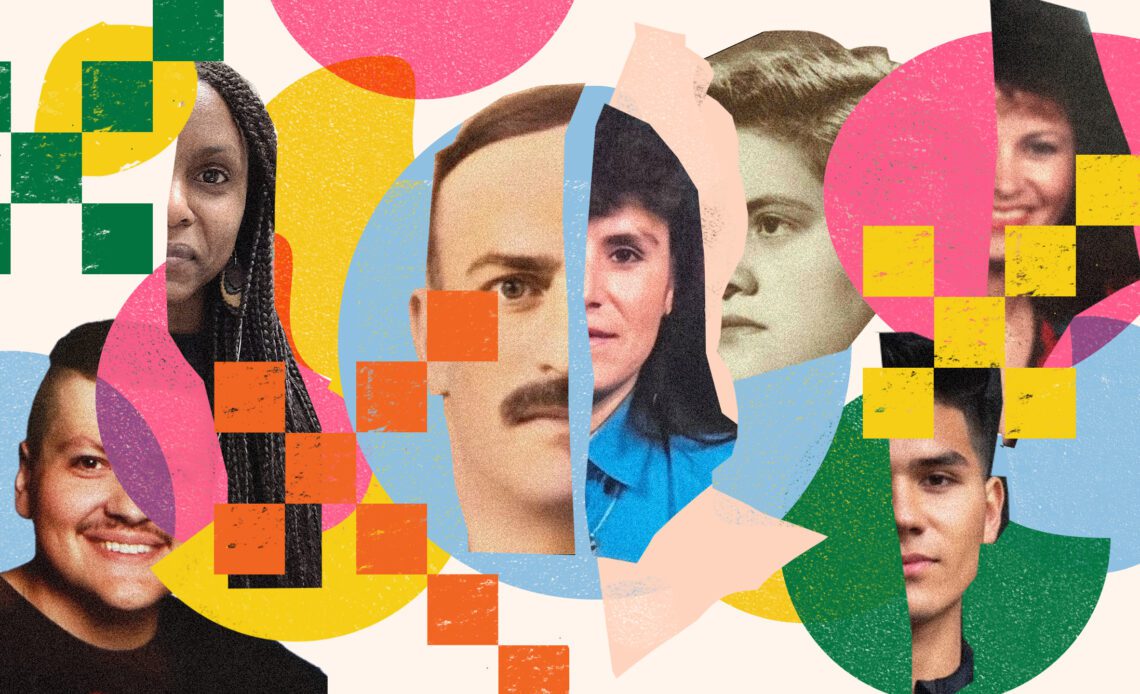In immigrant families, growing up next to the ‘americanos’
José Moya Hajje, 69, a Barnard College historian, had paternal great grandparents who hailed from Spain, one of whom married a Black Cuban, and maternal grandparents who were of Lebanese descent. Cuba attracted many Lebanese merchants during the 1910s, Moya said.
After Fidel Castro took power in Cuba, Moya was sent away by his family, like thousands of other young boys before they reached 15, Cuba’s military age. After a brief stint in Spain, Moya Hajjer reunited with his family in New Jersey in 1969.
Moya with a chocolate “Cuba” cigar in Norway.
Moya with a chocolate “Cuba” cigar in Norway.
“We had a sense of gratitude towards a country that hosted us,” he said about the U.S. But still, “I think of myself as Cuban, really. … That is the place where I was born.”
For Colombian American Christian León, 48, growing up in his Spanish-speaking household in Tampa, Florida, was a big reason he never really identified as “American” and didn’t embrace his bicultural upbringing until adulthood — even though he was born in the U.S.
He recalled that his friends came to know his place as the dancing and music house, because his parents, doctors who emigrated from Colombia, were “rumberos” who hosted big parties.
Christian León grew up in Florida in a Spanish-speaking household.
Christian León grew up in Florida in a Spanish-speaking household.
“It was very Latino and very Caleño,” León said, referring to the city of Cali, his parents’ birthplace.
For Latinos who are proficient in Spanish, knowing the language has been a way to build community.
Vilma Habibah, 52, whose last name was Santos, was born and raised in Puerto Rico. When she started practicing the Muslim religion 25 years ago in New York, she was “one of the few Hispanic…
Click Here to Read the Full Original Article at NBC News Top Stories…

